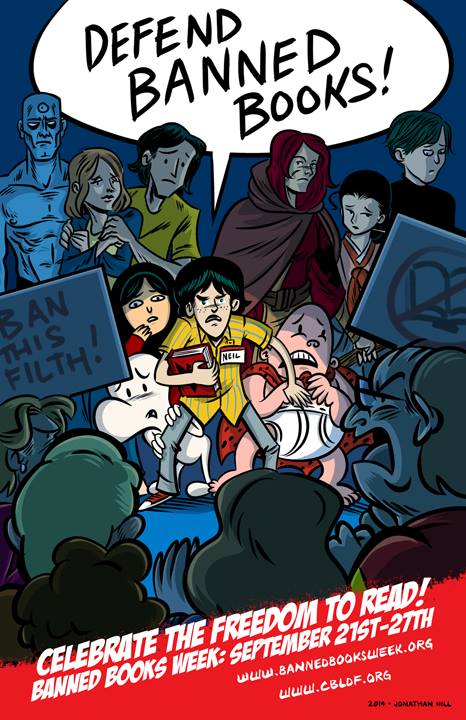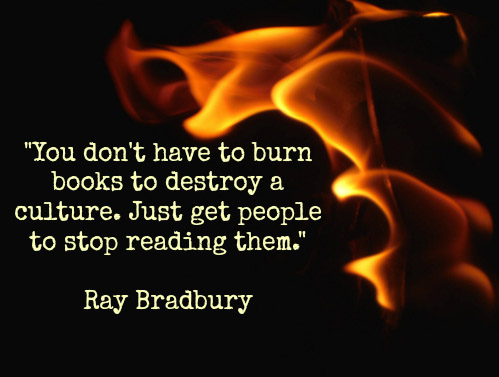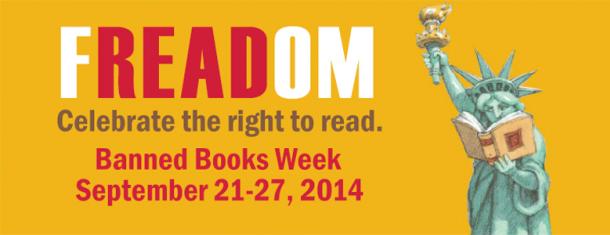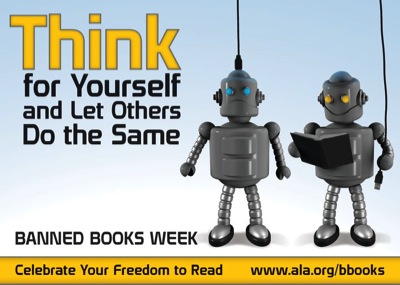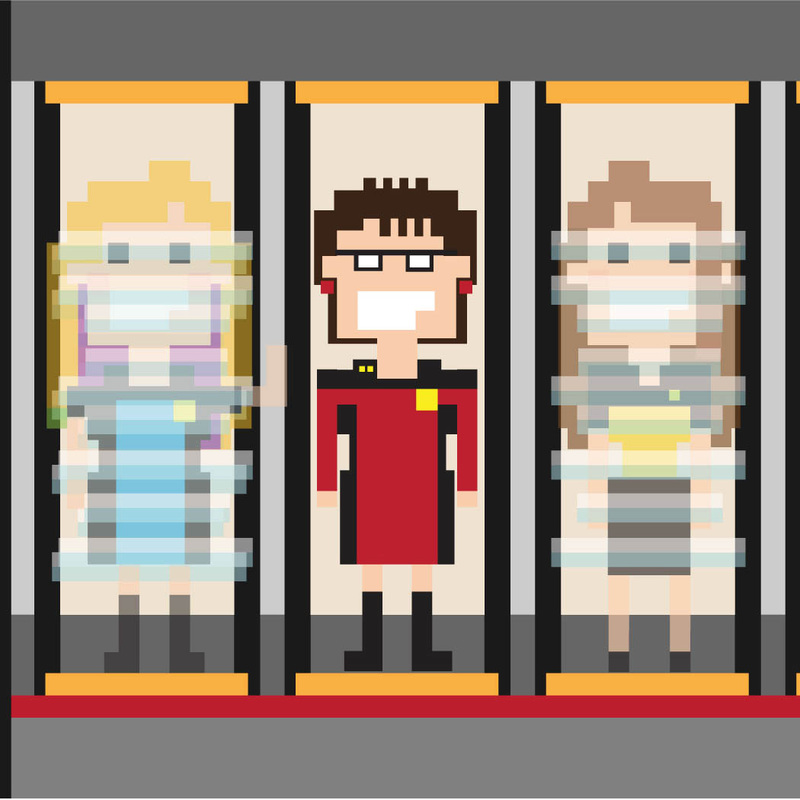by Jen
| What do The Great Gatsby, The Catcher in the Rye, To Kill a Mockingbird, Animal Farm, and The Lord of the Rings have in common? Yes, they are all literary classics - but they are also on the American Library Association (ALA)’s list of Banned and Challenged Classics. In fact, according to the ALA’s Office for Intellectual Freedom (OIF), at least 46 of the Radcliffe Publishing Course Top 100 Novels of the 20th Century have been the target of ban attempts. |
Each year, libraries across the United States receive requests to remove books from their shelves for a variety of reasons. The exact number of these challenges is unknown, but in the past decade more than 5,000 have been reported to the ALA, which defines a challenge as “a formal, written complaint, filed with a library or school requesting that materials be removed because of content or appropriateness.”
The most challenged books in 2013 were:
· Captain Underpants (series) by Dav Pilkey
· The Bluest Eye by Toni Morrison
· The Absolutely True Diary of a Part-Time Indian by Sherman Alexie
· Fifty Shades of Grey by E. L. James
· The Hunger Games by Suzanne Collins
· A Bad Boy Can Be Good for a Girl by Tanya Lee Stone
· Looking for Alaska by John Green
· The Perks of Being a Wallflower by Stephen Chbosky
· Bless Me Ultima by Rudolfo Anaya
· Bone (series) by Jeff Smith
· Captain Underpants (series) by Dav Pilkey
· The Bluest Eye by Toni Morrison
· The Absolutely True Diary of a Part-Time Indian by Sherman Alexie
· Fifty Shades of Grey by E. L. James
· The Hunger Games by Suzanne Collins
· A Bad Boy Can Be Good for a Girl by Tanya Lee Stone
· Looking for Alaska by John Green
· The Perks of Being a Wallflower by Stephen Chbosky
· Bless Me Ultima by Rudolfo Anaya
· Bone (series) by Jeff Smith
Celebrated annually since 1982, Banned Books Week was the brainchild of Judith Krug, Director of the ALA’s OIF. Krug, who passed away in 2009 at the age of 69, firmly believed in the OIF’s mission to “protect the right of individuals in the U.S. to have comprehensive availability of information, regardless of those who disapprove of the material itself.” She was inspired to create Banned Books Week in response to a surge in challenges to library materials in 1982.
Two of the series that appear on the Most Challenged Books List fall into this category (Pilkey’s Captain Underpants and Smith’s Bone), while Alison Bechdel’s Fun Home and Marjane Satrapi’s Persepolis have been the center of controversy in public school and university libraries in recent years.
So what can you do to celebrate Banned Books Week? Check out the ALA’s lists of most frequently challenged books by decade - you will get a good laugh out of some of the titles on these lists, and you may even find some titles you haven’t read yet that you want to pick up! The Comic Book Legal Defense Fund also has great information on banned comics and graphic novels. And last but not least, visit your local library to find out more about Banned Books Week and how to support your librarians in the fight against censorship!
